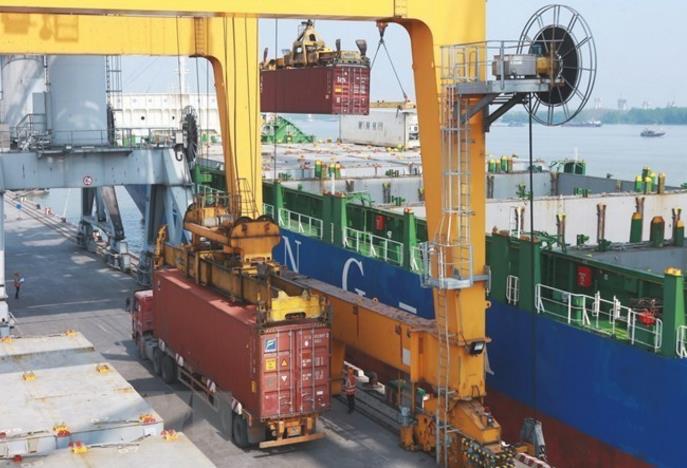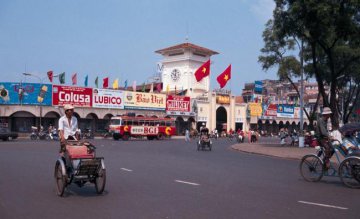
Vietnam’s economy grew at a fast pace in the first half of 2018 compared to the previous years, but there are indications that it is losing momentum – a problem not only in the last half of the year but also in 2019 and 2020.
The remark was made by Dang Duc Anh, head of the analysis and forecast section of the National Centre for Socio-economic Information and Forecast (NCIF), at a discussion in Hanoi on August 8.
The growth rate reached 7.45 percent in the first quarter and 6.79 percent in the second quarter, but it is predicted to slow down to 6.72 percent during July-September and 6.56 percent in the last three months. Meanwhile, average inflation is likely to be around 4 – 4.2 percent, according to the NCIF.
Despite the 7.08-percent growth in the first six months, there are many challenges during the rest of the year, including pressure from the appreciation of the US dollar due to the possibility that the US Federal Reserve could hike interest rates twice from now to the year’s end.
Resources for economic growth in the coming months are unclear while the processing and manufacturing industry – a major driving force – is depending on FDI firms and still at a low level in value chains. The driving force from the FDI sector, which is becoming saturated in Vietnam, is also reducing. Additionally, effects of business climate improvement policies haven’t been clearly seen, he added.
Other challenges include impacts of the US-China trade war.
[New momentum for economic growth needed: PM]
Echoing his view, other experts said the US-China trade tension could lead to a domino effect on Vietnam’s economy.
Tran Toan Thang, head of the NCIF’s world economy section, said the trade war, geopolitical risks and the US’s taxation policy reforms will affect investment decision of multi-national American companies. The reduction of corporate income tax in the US may also trigger a wave of tax cut or more investment incentives in some countries to keep US businesses, which could impact the competitiveness of Vietnam’s investment environment.
To maintain the growth momentum for the coming time, Vietnam should create a more transparent investment climate, improve technological capacity to attract more FDI companies, and actively respond to the US-China trade war’s impacts and exchange rate changes.
Meanwhile, Luu Bich Ho, former Director of the Vietnam Institute for Development Strategies at the Ministry of Planning and Investment, said the country needs to press on with developing processing and manufacturing and pay more attention to seeking export markets.
He noted amid US-China trade tensions, it is necessary to prevent Chinese goods from taking advantage of the Vietnamese market to falsify their origin to export to the US, or Vietnam could be taxed in a way China has been. –VNA




















Latest comments